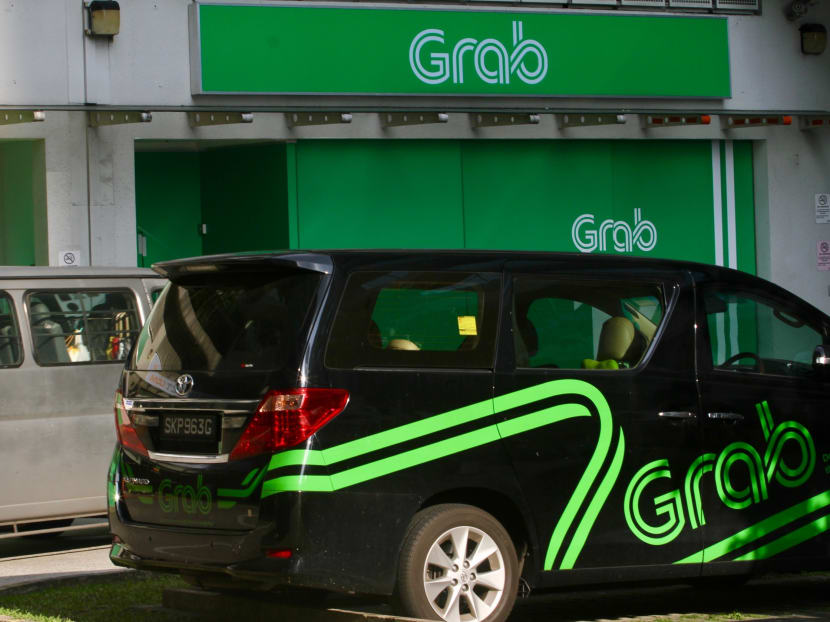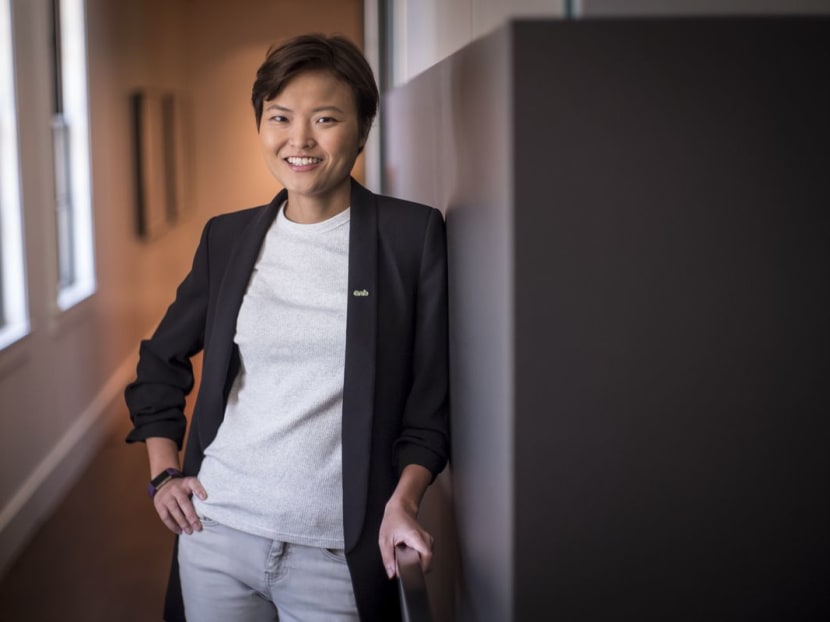Ride-hailing giant Grab expects to double revenue in 2019
SINGAPORE — Grab expects to double revenue in 2019 from more than US$1 billion (S$1.38 billion) this year, as South-east Asia’s largest ride-hailing service integrates Uber’s regional business and delves deeper into new areas from bike-sharing to digital payments.

Grab is pursuing an ambition to become the largest transportation platform in the region, on top of which everyday consumer services can be built.
SINGAPORE — Grab expects to double revenue in 2019 from more than US$1 billion (S$1.38 billion) this year, as South-east Asia’s largest ride-hailing service integrates Uber’s regional business and delves deeper into new areas from bike-sharing to digital payments.
Grab is pursuing an ambition to become the largest transportation platform in the region, on top of which everyday consumer services can be built. It is amassing a mighty war chest and is on track to raise US$3 billion of funding before the end of this year, co-founder Hooi Ling Tan said at Bloomberg’s Sooner Than You Think conference in Singapore. That includes US$1 billion from Toyota Motor, the Japanese automaker’s biggest investment in ride-hailing to date.
Singapore-based Grab is expanding rapidly throughout a South-east Asian region home to more than 600 million people, leveraging a much bigger network after buying out Uber’s operations in the region this year.
Its funding turns up the heat on Indonesian rival Go-Jek, which has announced plans to expand beyond its home turf and enter Singapore, Thailand, Vietnam and the Philippines. Now, Grab is exploring forays into fields as diverse as grocery delivery and finance to health care, Ms Tan said.

“There’s more greenfield than in any other region in the world because technology hasn’t been able to truly shape the lives of the South-east Asia region yet,” Ms Tan said. “The second big area is to increase our operational presence in Indonesia.”
Six-year-old Grab is moving fast against Jakarta-based Go-Jek, which started out as a motorbike taxi-booking service in 2015 before tacking on more than a dozen consumer services that let users pay bills, order food and buy movie tickets.
Backed by investors such as Japan’s SoftBank Group and China’s Didi Chuxing, Grab is using its capital to expand both geographically and business-wise. Since acquiring Uber’s regional operations, the company has launched a venture arm and opened its platform to fellow startups that can offer more services to its customers.
In March, Grab launched GrabCycle, a marketplace for bike-sharing services, and e-scooter rental service Popscoot. Such fledgling endeavors will help the company hit US$1 billion revenue for the first time this year, it has said previously.
“There’s a huge opportunity right now. We can decide to invest, go big now, just so that we can reap the market that’s ripe vis-a-vis growing organically and slower,” she said. “We want to set up a multi-generation company.” BLOOMBERG
Sign up for TODAY's WhatsApp service. Click here:






